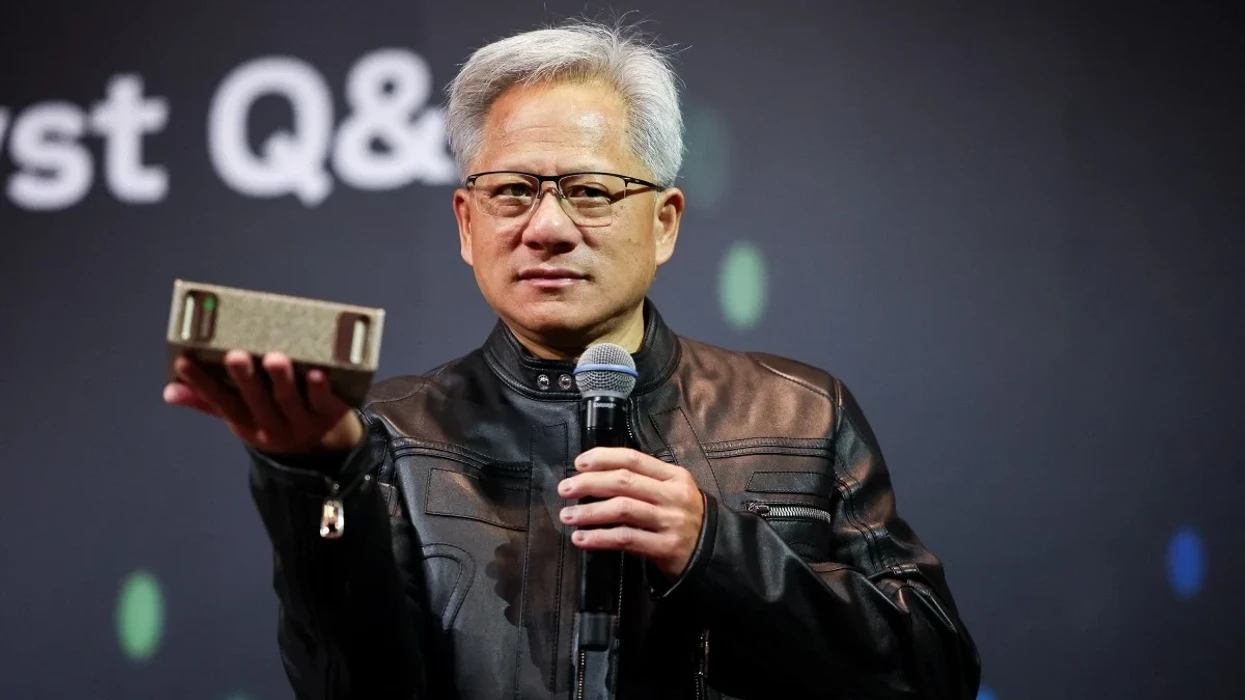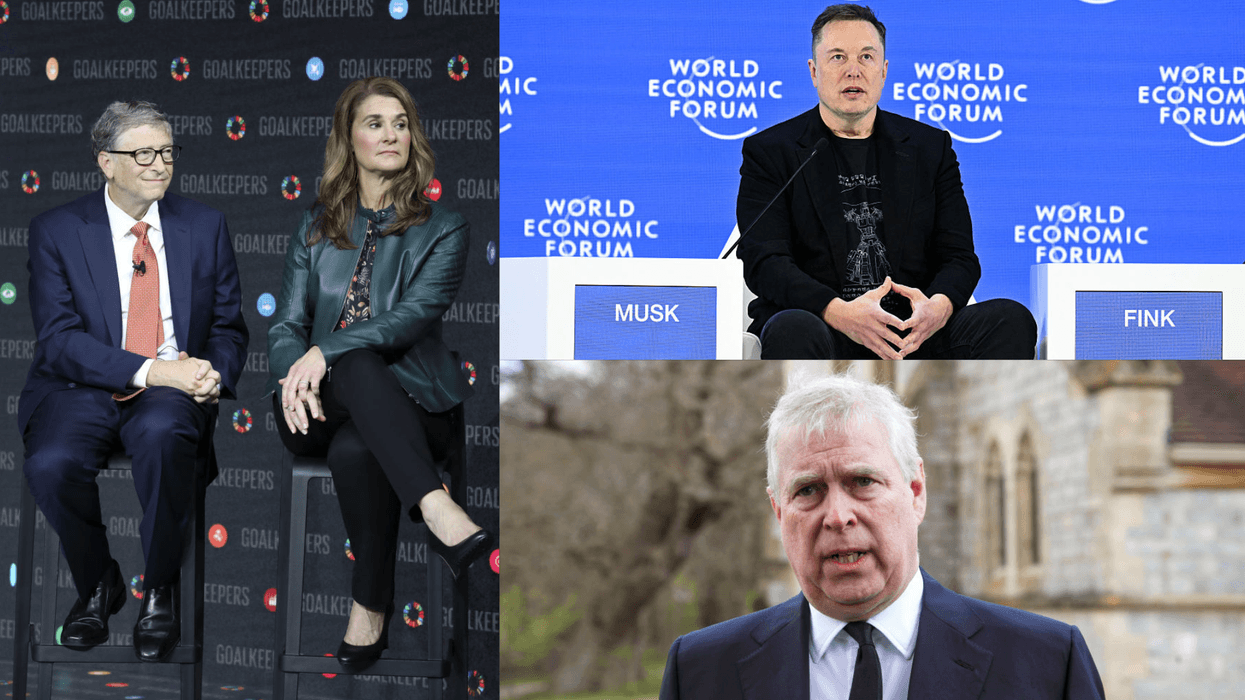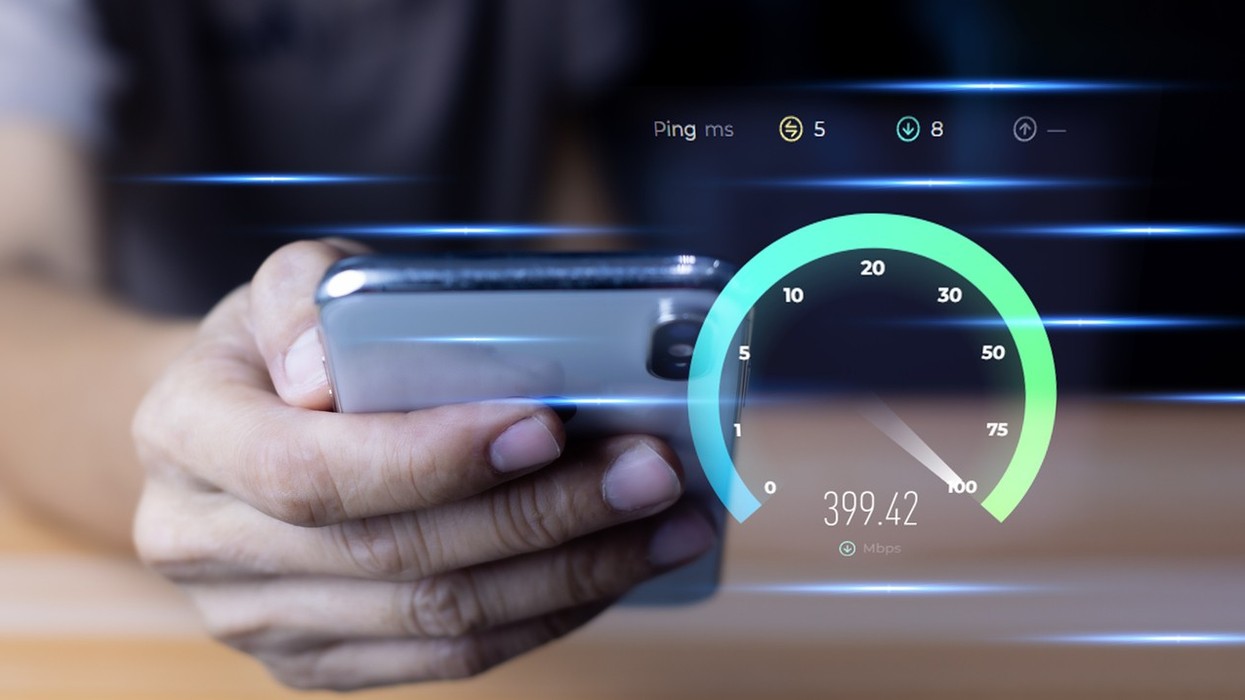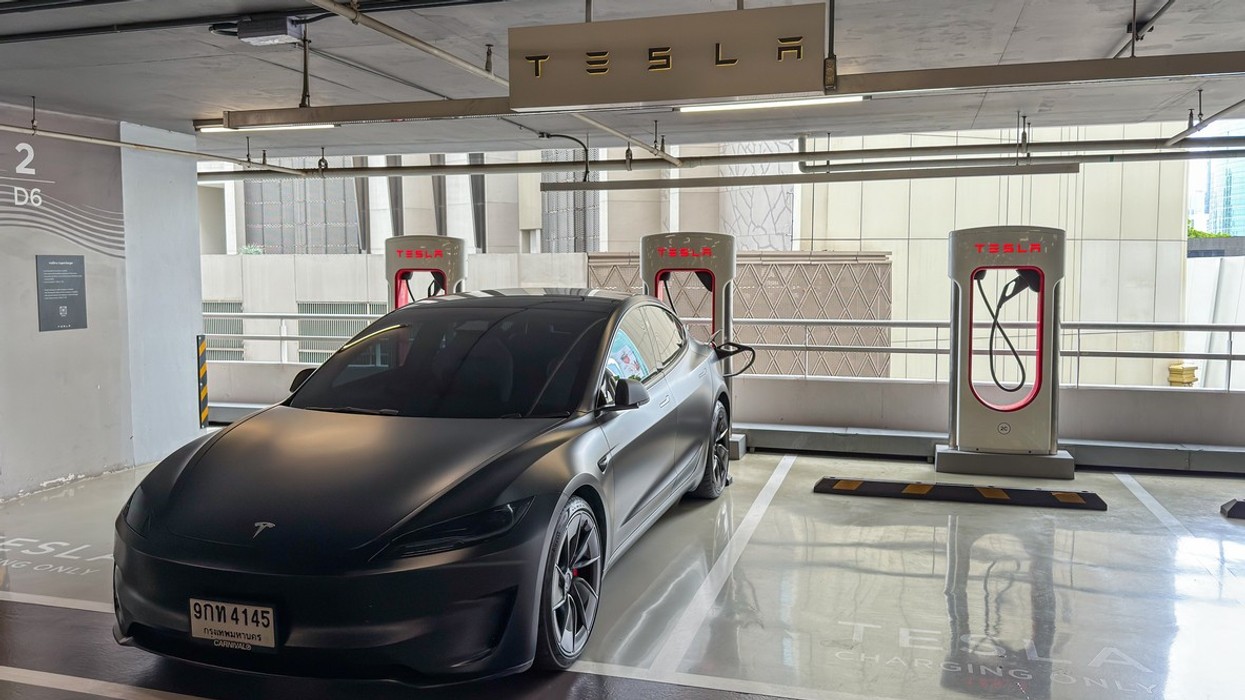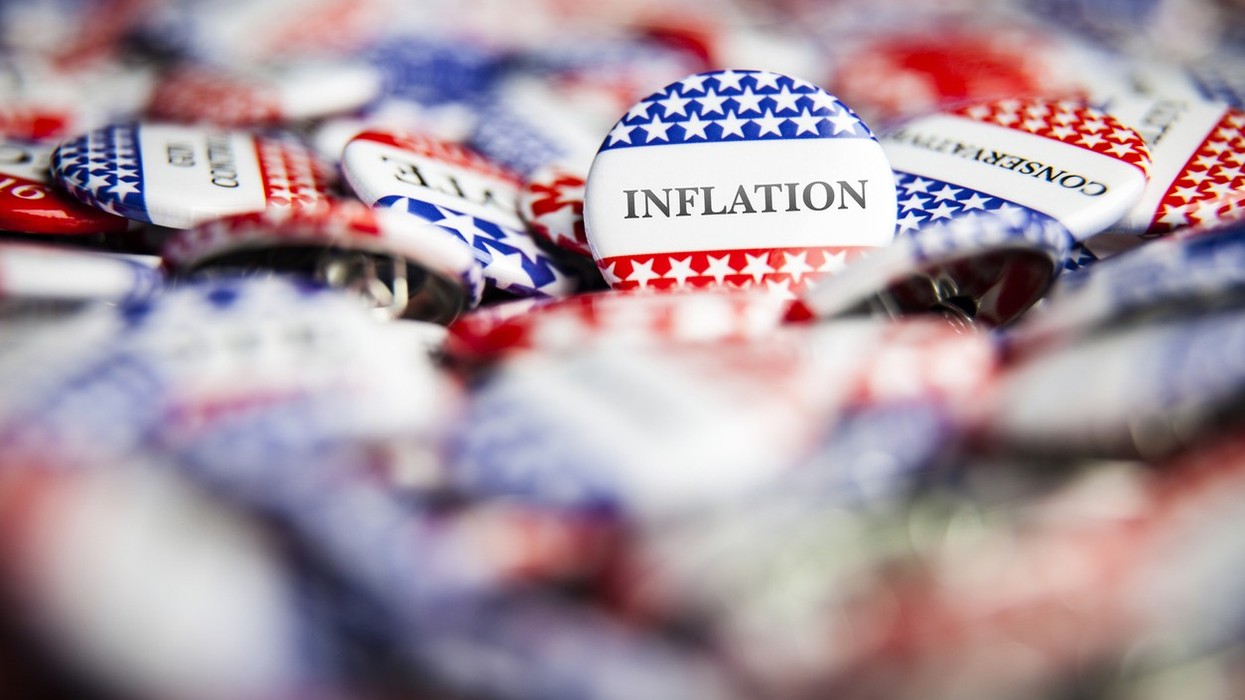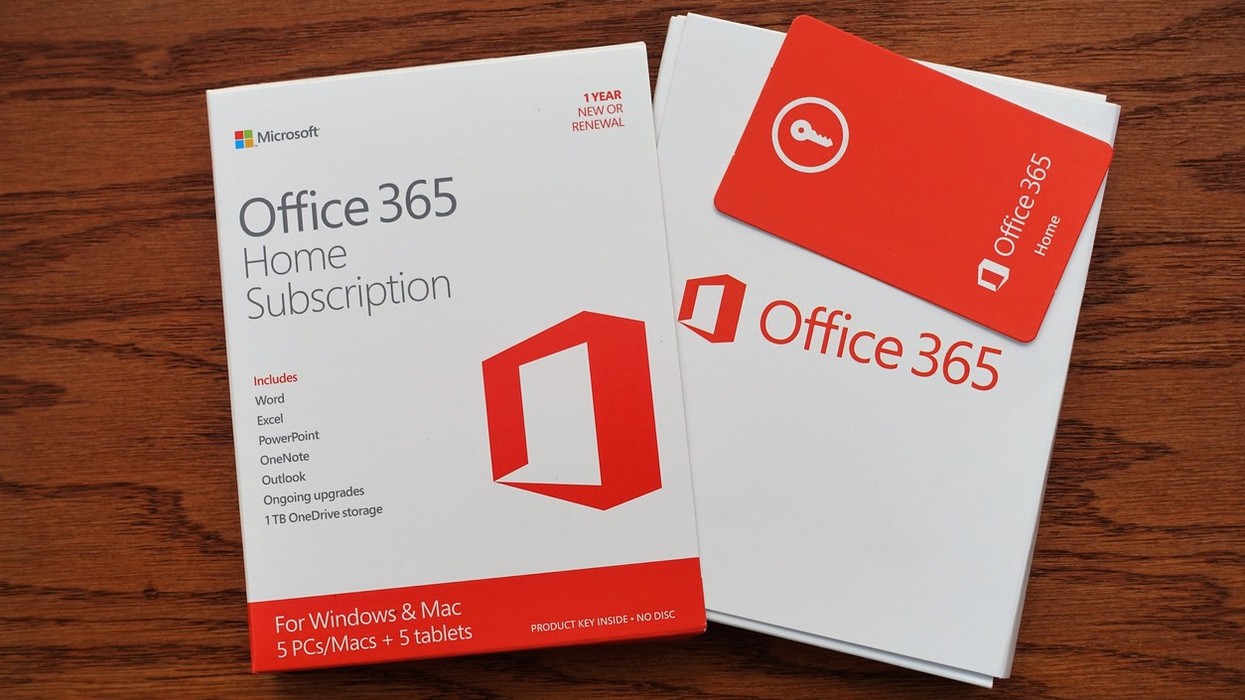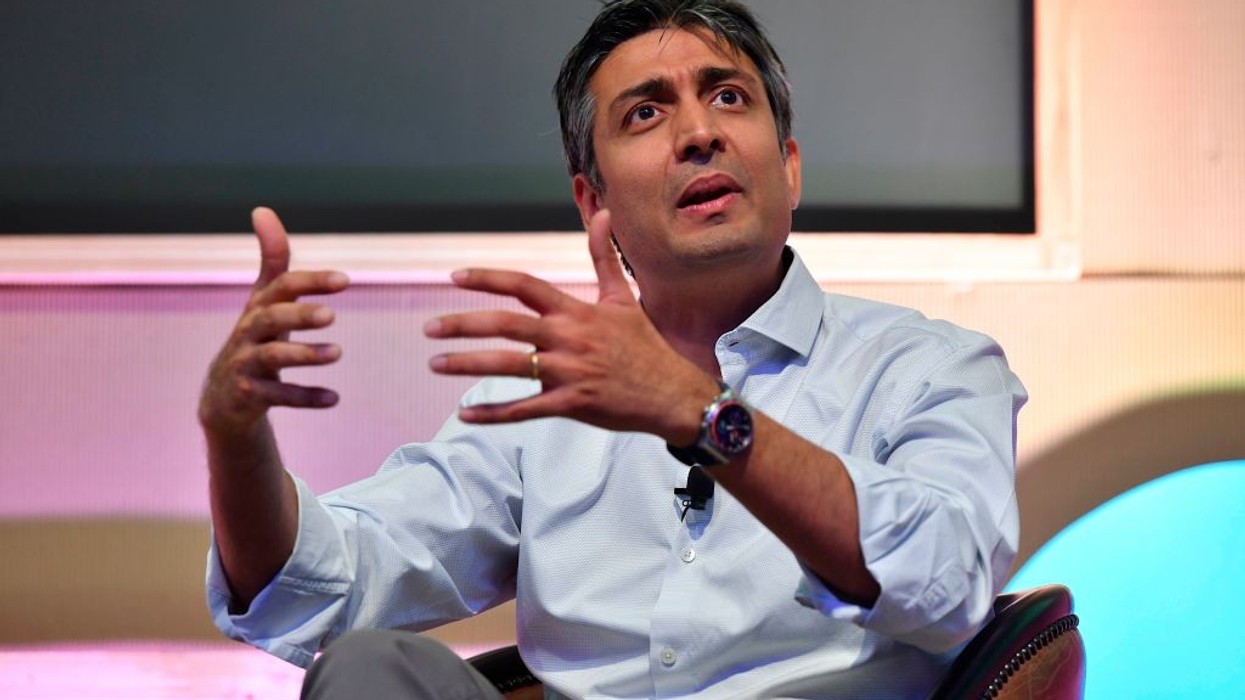According to Reuters sources, Chinese firms are queuing up to buy Nvidia’s H20 artificial intelligence chips. They added that internet giants ByteDance and Tencent are in the process of submitting applications. Central to the process is a 'whitelist' compiled by Nvidia listing Chinese firms eligible for purchase approvals.
According to the latest reports, Nvidia said on Tuesday that it had received assurances from the US government that it would approve licenses for the H20. The "fully compliant" AI chip is suitable for digital twin AI applications in smart factories and the logistics sector. "The US government has assured Nvidia that licenses will be granted, and Nvidia hopes to start deliveries soon," said the company.
Nvidia’s advanced AI chips have been at the center of US export controls and the focus of restrictions aimed at preventing access by Chinese firms due to national security concerns. However, the US-listed company has made it clear that these trade curbs could cut its revenue by $15 billion.
Jensen Huang, the Nvidia CEO, currently visiting Beijing, is scheduled to speak at a supply chain expo and hold a media briefing on Wednesday. During his visit, he stressed the importance of the Chinese market. He said, "The Chinese market is massive, dynamic, and highly innovative, and it's also home to many AI researchers," Huang told Chinese state broadcaster CCTV on Tuesday. He added, "Therefore, it is indeed crucial for American companies to establish roots in the Chinese market."
China brought in $17 billion for Nvidia in the fiscal year ending January 26, making up 13% of its total revenue. Reflecting this, Huang has consistently highlighted China as a critical market for Nvidia's growth.
The White House, which has previously expressed concern that the Chinese military could use AI chips to develop weapons, did not respond to a request for comment.
Following Huang’s remarks and renewed optimism around Chinese sales, Nvidia’s Frankfurt-listed shares rose by 3.2%. "China is opposed to the politicization, instrumentalization and weaponization of science, technology and economic and trade issues to maliciously blockade and suppress China," a spokesperson said when asked during a foreign ministry briefing in Beijing about Nvidia's plan to resume AI chip sales.
Huang’s visit to Beijing is closely watched by both China and the US. A bipartisan pair of senators sent the CEO a letter asking him to avoid companies linked to military or intelligence entities. The senators also asked Huang to refrain from meeting with entities named on the United States' restricted export list.
The move to resume sales of the H20 chips comes amid easing tensions between Washington and Beijing, with China relaxing controls on rare earth exports and the United States allowing chip design software services to restart in China.
"The uncertainties between the US and China remain high and despite a pause in H20's ban, Chinese companies will continue to diversify their options to better protect their supply chain integrity," said He Hui, research director of semiconductors at Omdia.
In May, Reuters reported that Nvidia was preparing to launch a lower-cost alternative to the H20, based on the RTX Pro 6000D. The chip, part of the Blackwell-architecture series, is expected to have weaker specs and simpler manufacturing requirements, allowing for lower pricing.
